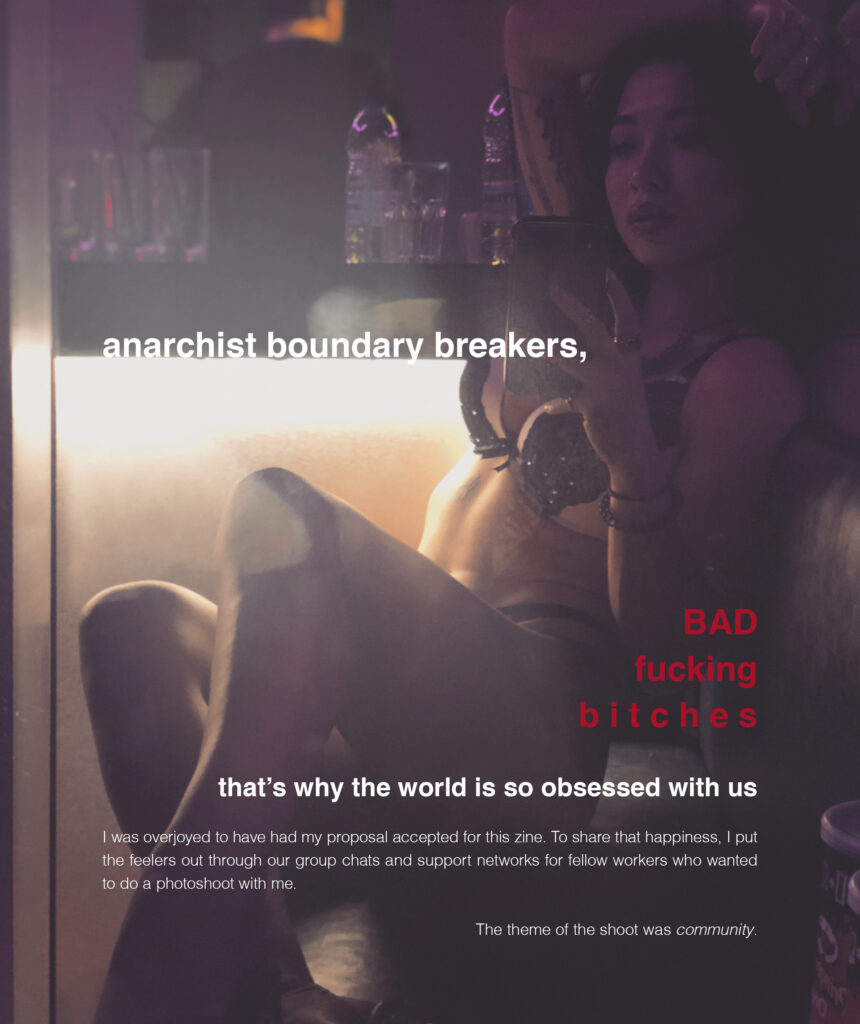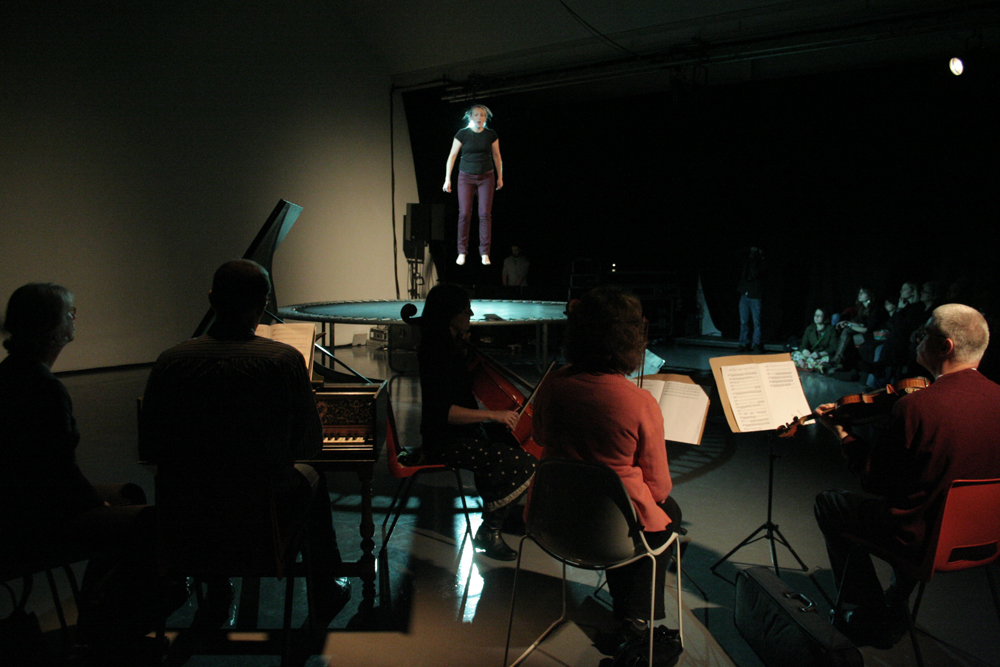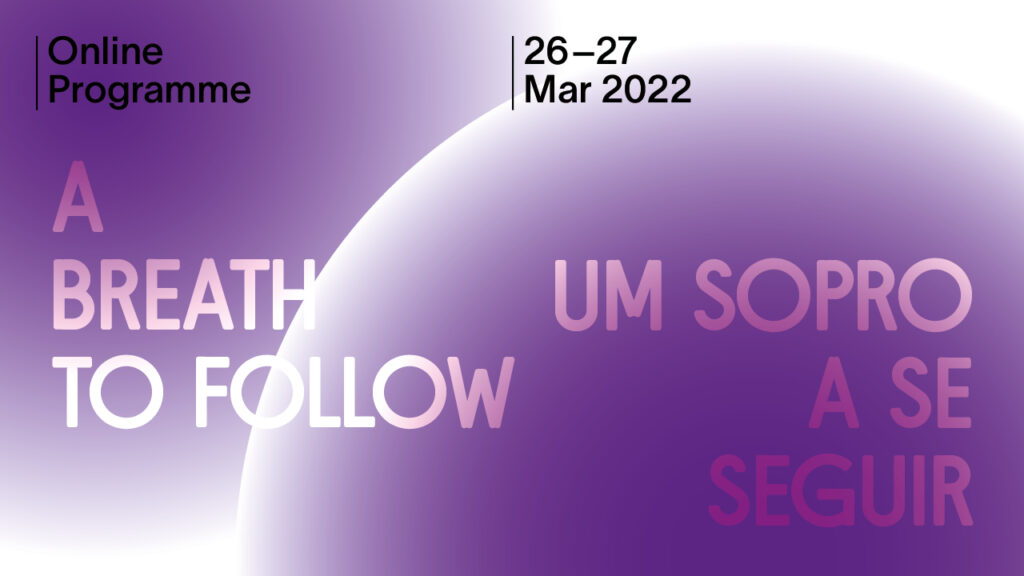
Ken Jacobs & Eric La Casa
Eric La Casa Ken Jacobs
Ken presents his Nervous Magic Lantern, wherein film itself is forsaken for an investigation of hypnotic and trancelike crystaline forms. Eric La Casa works with recordings of everyday occurrences: the background hum of place.











